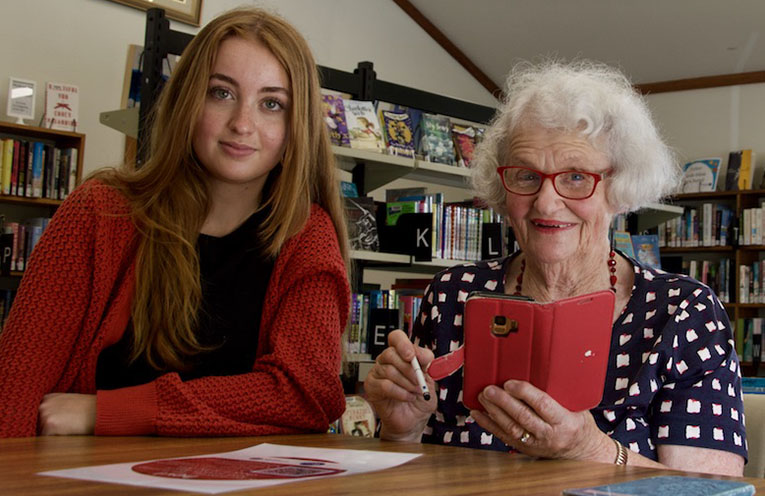
A RECENT social impact report by Swinburne University of Technology found that Be Connected, a government initiative to improve digital literacy, has created significant value for people in its target age group.
Be Connected is an Australian Government initiative aimed at engaging people over the age of fifty to improve their digital skills and gain confidence online.
Between 2016 and February 2020, the total number of people engaged by the program rose to over 880,000, which is more than double the anticipated amount.
The Swinburne report also found the program boosted social connection creating a social return on investment of $4.01 for every $1 invested.
The results have been made possible by the three thousand plus Be Connected network partners all over Australia, who deliver the program.
New South Wales alone has approximately one thousand community organisations which have engaged older Australians, spanning a diverse range of cultural and educational backgrounds.
The free digital skills help will continue to be offered in Coffs Harbour and the surrounding area and facilitated in the Coffs Harbour region by Tony Rothacker at Youngster.co.
Mr Rothacker is the co-founder of the start up that connects seniors with tech-savvy young people, living in and around the NSW North Coast, to learn digital skills.
Youngster.co is registered as a Be Connected network partner and uses the funding it receives from the program to employ young people as digital mentors.
One of these young people is sixteen year-old Sienna Biggs, who has worked with Ruth Holmes from Dorrigo, to improve the 80-year-old’s digital literacy and teach her to use technology to enhance her day-to-day life.
Ms Holmes has a keen interest in farming and land care, which led her to seek Ms Biggs’ help with a phone app that identifies different types of frogs.
Ms Biggs also taught Ms Holmes to use QR-codes so she could sign in to venues.
The program, which is funded by the Department of Social Services (DSS) and delivered by The eSafety Commissioner (eSafety) and Good Things Foundation.
Older Australians living in regional areas were among some of the most vulnerable to feelings of isolation and loneliness during the pandemic lockdowns in 2020.
The Australian Digital Inclusion Index 2019 reported a significant divide between rural and urban dwellers when it comes to digital skills.
By Sandra MOON
